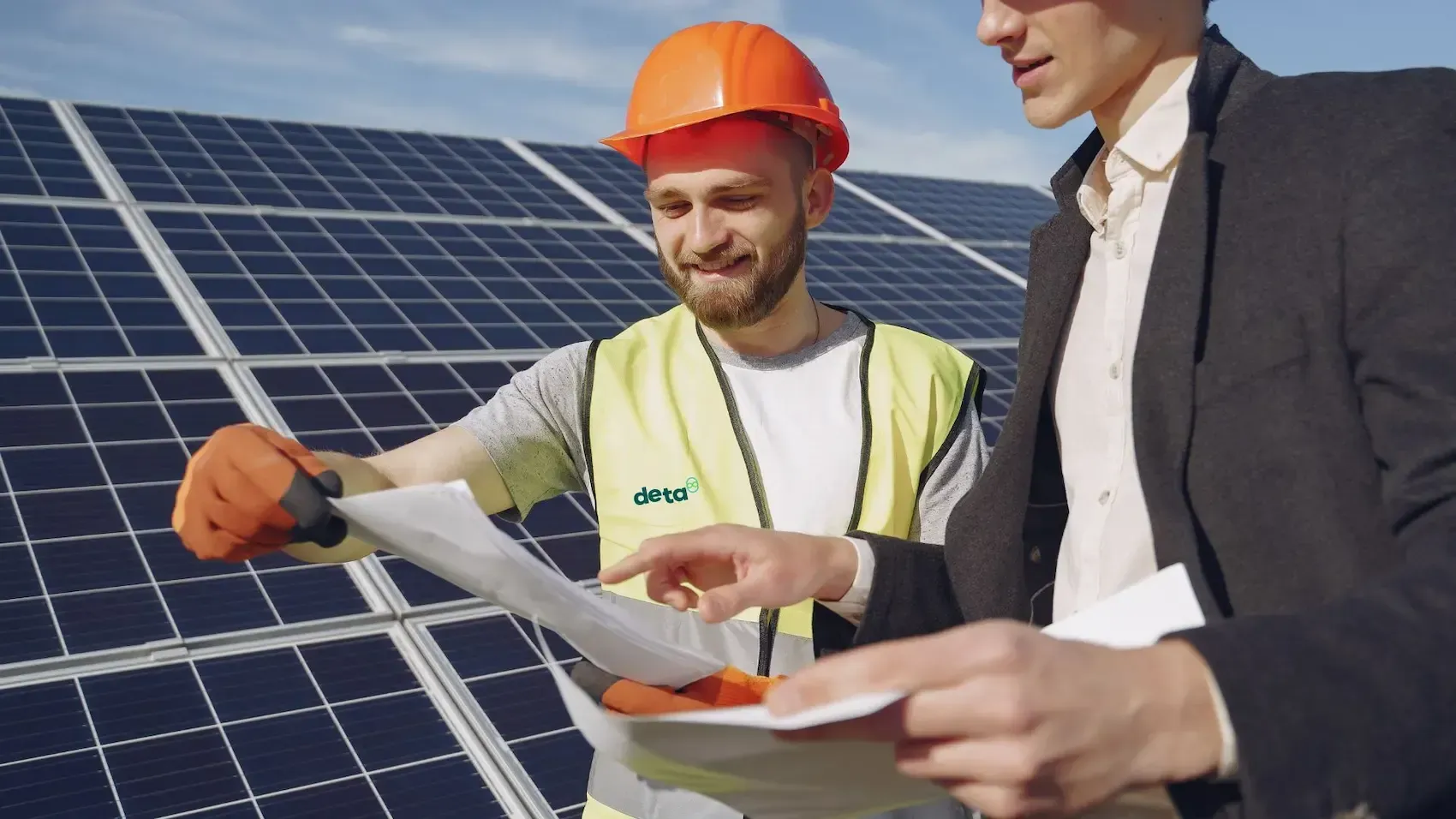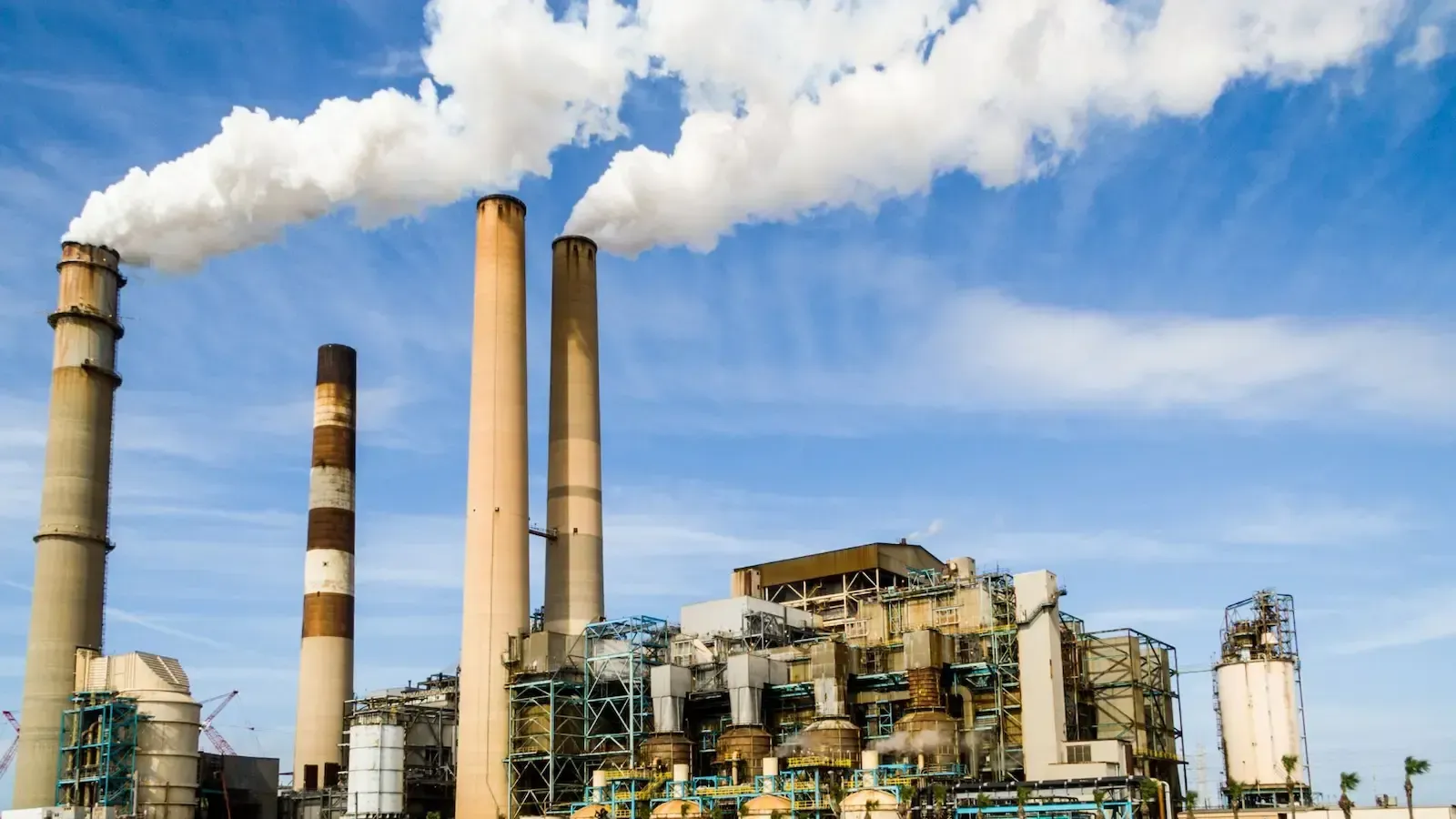Intern’s Perspective

For the last few months we’ve had Ignace working with us, all the way from Guadeloupe in the French Antilles, in the Caribbean. He’s given us his 2c worth on his thoughts on the NZ energy efficiency industry, given France’s heavily regulated building performance requirements.
New Zealand is one of the most developed countries in renewable energy with a large farm of renewable power plant (geothermal, hydraulics etc.), despite the fact that New Zealand are very late on energy efficiency regulations, policy and behaviour.
Whereas in France, particularly in Guadeloupe (French West Indies Island) we have a late on renewable energy using however energy efficiency is one of our challenge.
If we want to compare these 2 different system of energy productions and used
First all France, are trying to improve its part of renewable energy owing to the tact that currently nuclear energy is the principal source of energy with approximately 70%. In France, mostly common in European Union there are a lot of energy efficiency regulations, law and helps from government in order to prompt people to pay attention with the energy efficiency challenge. In France we have the thermal regulation for new and extension house most known like “RT”, every new and extension must followed RT obligations, regulations about vehicles CO2 emissions. Furthermore we have a lot of voluntary regulations like HQE (High Quality Environmental), HPE (High Energy Performance (TPE (Very Energy Performance))) and some efficiency labels (eco-construction, eco-label for compliances etc.) not forgetting the “energy transition” since July 2015.
In Guadeloupe, thanks to the climate we have a huge renewable energy potential (solar, wind, geothermal, biomass, bagasse etc.) we have more possibly than France in renewable energy. Due to our warm climate we do not have the same RT as France; Guadeloupe has the RTG “Guadeloupe Thermal Regulation” due to the environmental specifics of the island.
The New Zealand policy efficiency is much different to France. Firstly in France energy efficiency started since 70’s whereas in New Zealand it’s recently with NABERSNZ . In France we are in advance on New Zealand in energy efficiency however New Zealand is in advance on us on renewable energy. We have another different in New Zealand it’s about energy power suppliers, there are numbers of energy supplier in New Zealand, its means company with different energy policy and all these companies are private. To have a common energy policy with opponent companies could be very hard, it’s may be a brake for improvement of energy efficiency in New Zealand, on contrary in France EDF (Electricity of France) is the national energy supplier largely owned by French state, government and power supplier is one voice.
Always interesting to get another perspective. We’re really lucky in NZ that we have the renewable aspect to our electricity generation, but there’s plenty to do on the thermal side. By Ignace’s comments, we’re only 40 years behind France…





